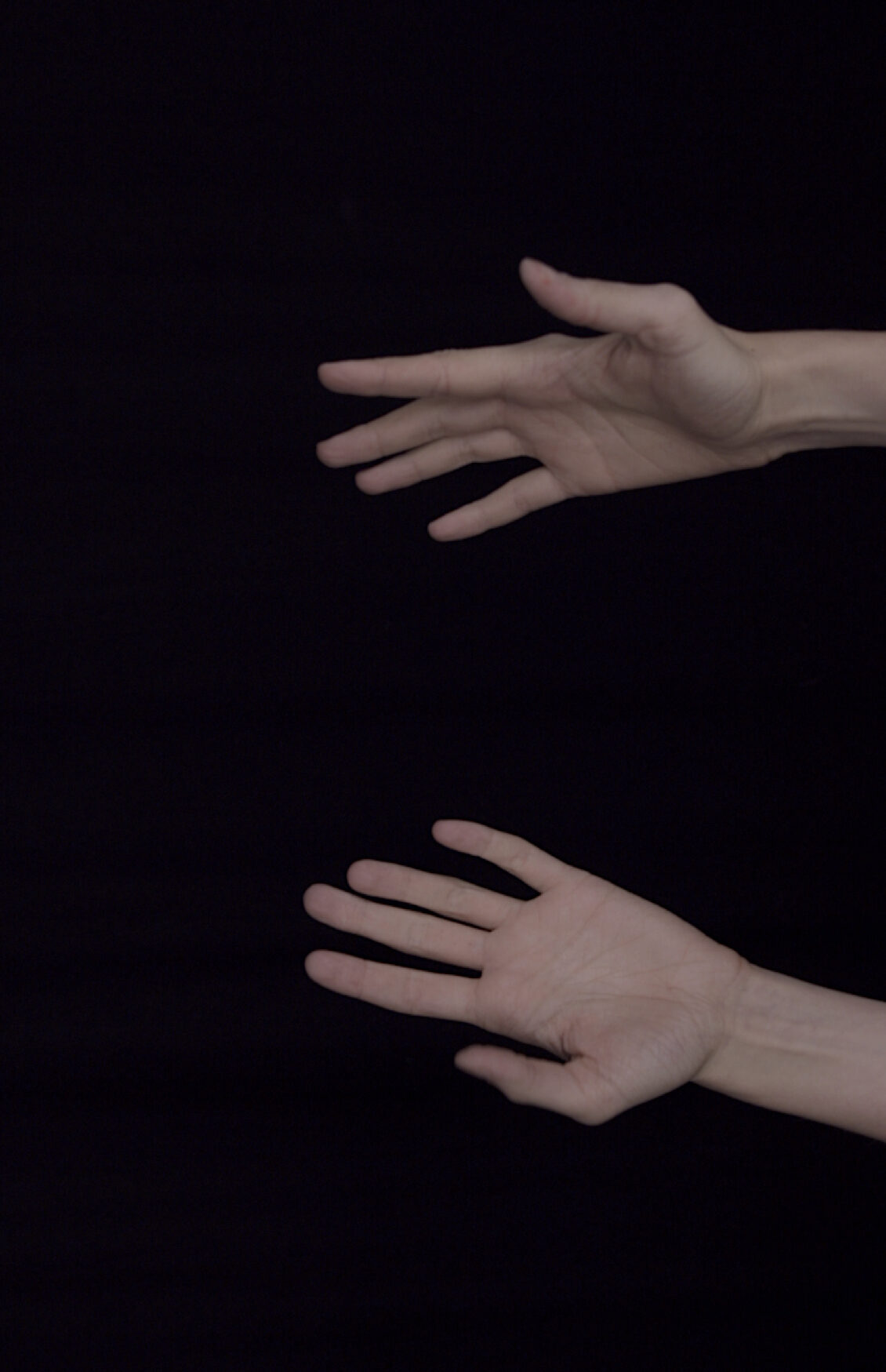language (as a technology that) re-/animates (dis-/jointed) cartographies
Our bodies can store memories that far exceed our lifetimes. Throughout the past decades, the interdisciplinary study of intergenerational trauma has become increasingly important. Violent historical events, such as wars and genocides, can deconstruct landscapes, human and more-than-human bodies, as well as cultural archives and artefacts for generations to come – this leaves descendants often with no less than puzzling fragments of their bygone ‘realities’. The acts of translating the (cultural and genetical) heritage of our ancestors’ traumatic experiences, and its impact on the present and future, can contribute to collective processes of restoration and reclaiming.
The practice-based research project ‘language (as a technology that) re-/animates cartographies’ aims to reflect how inherited memories could be translated through a somatic language, and how scores could turn into a tool for handling triggering emotions and feelings that are related to traumatic memories. Those queries are phrased in the context of a neoliberal condition that severely lacks space, time and consistency for collective rituals, specifically for people from the working class.


